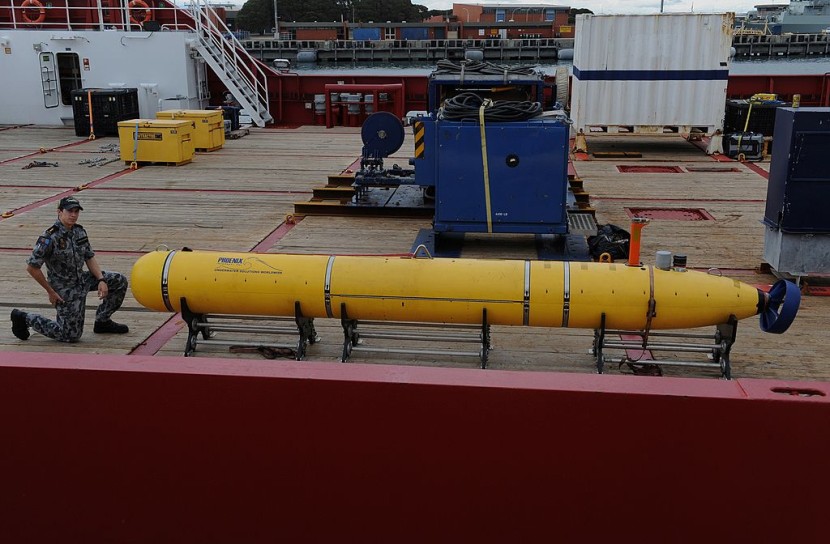
The US Navy's Orca Extra Large Unmanned Undersea Vehicle (XLUUV) is taking too long to finish and is beyond its budget. It is about three years late, and the cost is over 50% due to not checking if Boeing Co. can finish the project, noted congress.
Orca Drone Project Exceeds Funding
Based on the Government Accountability Office (GAO), a report published Wednesday, cited several observations about the huge unmanned underwater vehicle (UUV), reported Bloomberg.
Mentioning the huge costs and missed deadlines are due in part to the Navy's choice not to necessitate the contractor to prove its preparedness to fabricate the working model.
Going over the budget due to not requiring the contractor to show if the project can be completed, noted Defense Daily.
Everything was intended as a $379 million venture to create 70-ton drones. The GAO said that the dimensions of a train carriage had become at least a $621 million effort, with $504 million just now expended.
Boeing and the Navy now anticipate the contractor to finish and send all five vehicles in February and June 2024, even though the contract called for the initial five vessels to be supplied in December of 2020 as well as the rest by this December.
Bloomberg News covered the delay last June. Since the Navy really wanted to "field the vehicles rapidly," Boeing "did not show its preparedness to fabricate" the extra-large Giant Orca drone, as stated by the GAO, per Real Clear Defense.
The Navy ascertained that Orca would have been crucial to satisfying an emerging new need. However, the service "did not put together a good business case, which included cost and timeline projections, to make sure that it was able to deliver the vehicles speedily to the fleet," GAO said.
Other Concerns Over the Project
Stockholders are starting to grow more worried about Boeing's challenges in achieving defense contracts, particularly given the billions in expenses the firm has documented for huge costs on projects like the KC-46 aerial refueling tanker and the new Air Force One.
Even before the GAO report was published, Vertical Research Partners analyst Robert Stallard asserted in a client note that the commercial aviation side of Boeing remains to acquire the most interest, although there is actually more worried about the financial risk from the swathe of fixed-price projects in Boeing Defense.
He added that Boeing is at risk of incurring significant additional costs.
The company was selected as the winner of the contract instead of Lockheed Martin Corp. As Boeing struggled to construct the Orca, which had significant differences from an earlier prototype, delays ensued, according to the GAO.
As shown by Boeing, when it ended up winning the contract to fulfill the Fleet specifications, it was required to rethink the layout for critical elements, upgrade subcontractor price suggestions for big portions like the hull, boat hulls, and battery, as well as modify manufacturing techniques to take into consideration the differences with Echo Voyager, the working model, the GAO said.
In a comment from June, Boeing noted the dangers associated with developing "fresh, sophisticated equipment" and also the effects of COVID on beginning production.
The firm is way behind schedule while China and Russia are pushing ahead with other UUVs, like the Giant Orca drone.








